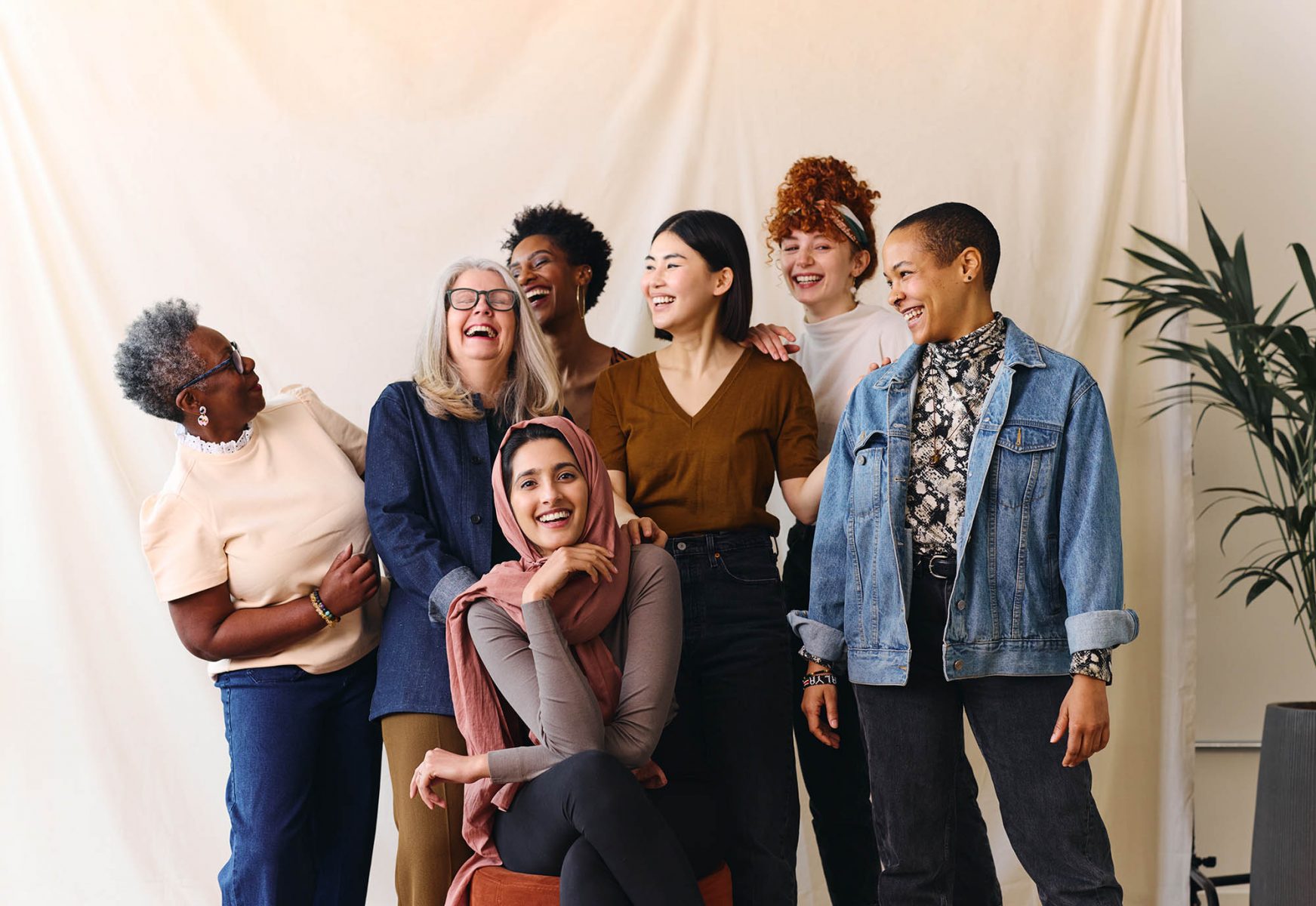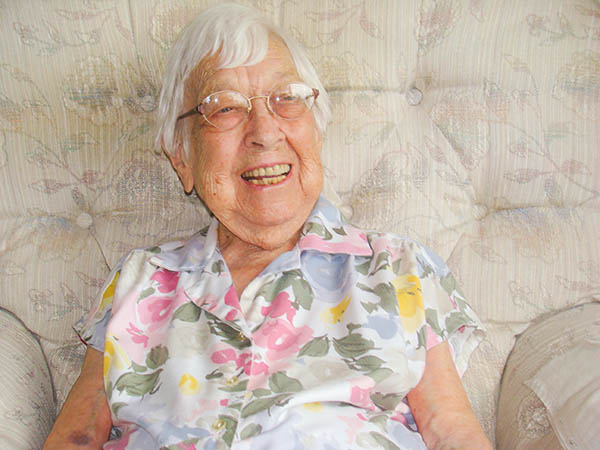
By Christine Tremain, VP Marketing & Development
March is Women’s History Month, and March 8th is International Women’s Day. Observed around the world, this is a celebration of the historical, cultural and political achievements of women. It is also a day to support taking action against gender inequality around the world.
According to an article on History.com, the first International Women’s Day was held on March 19, 1911, drawing more than 1 million people to rallies worldwide. But, until the mid-1970’s, International Women’s Day was celebrated primarily in socialist countries.
Today, International Women’s Day has been recognized by organizations, large and small, to honor women and their value in today’s society. In the words of American Novelist Sidney Sheldon, “Women’s value has been under-recognized for far too long.”
March is a time to reflect on and honor women who made significant contributions throughout our nation’s history. Think of suffragist Susan B. Anthony; the courageous Rosa Parks; Sandra Day O’Connor, the first female Supreme Court Justice; Sally Ride, the first American woman in space; and Kamala Harris, the first female Vice President of the United States. These women and others overcame centuries-long barriers to inspire greater equality and justice.

I think about amazing women I’ve met over my 21 years at Wesley, such as our very own “Rosie the Riveter” Elsie Anderson and Japanese prisoner of war survivor Margaret Squires. Reverend Marion Kline was in the first group of United Methodist women pastors to be ordained with full rights. She lived to be 102 years young, the last 25 of those years at Wesley Des Moines.
These are three out of hundreds of women who have lived or now live at a Wesley community and make daily contributions to the lives of people around them. From mentoring children to making masks during the pandemic, walking to end Alzheimer’s and leading emergency response teams, Wesley women are making a difference.
Researching information for this piece, I came across a well-written article about caregiving and women titled The State of Women and Caregiving by Amy Barger and Christina Best on Caregiving.com. We know that women have been the face of caregiving for generations. A Gallup analysis found that upwards of 66% of all caregivers in the United States are women, and more than 80% of them are caring for a relative or friend over 50 years of age. Since the start of the pandemic, three million American women have left the workforce, possibly due to the inability to adequately balance caregiving responsibilities and work.
In the words of Maya Angelou, “If you find it in your heart to care for somebody else, you will have succeeded.”
While caregiving can provide a sense of personal fulfillment, such caregiving responsibility can contribute to declines in health as well as financial security. Over half of women caregivers are managing one or more chronic health conditions. They also have a higher risk of coronary disease and higher rates of emotional distress. Studies show that women over 50 who leave the workforce to care for a parent lose on average of $324,000 in wages, benefits and pensions/retirement funds.
As we celebrate the courageous women in our history during the month of March, it is important that we also acknowledge the women who are caring for loved ones as well as the many challenges women in our society and our world are facing today.